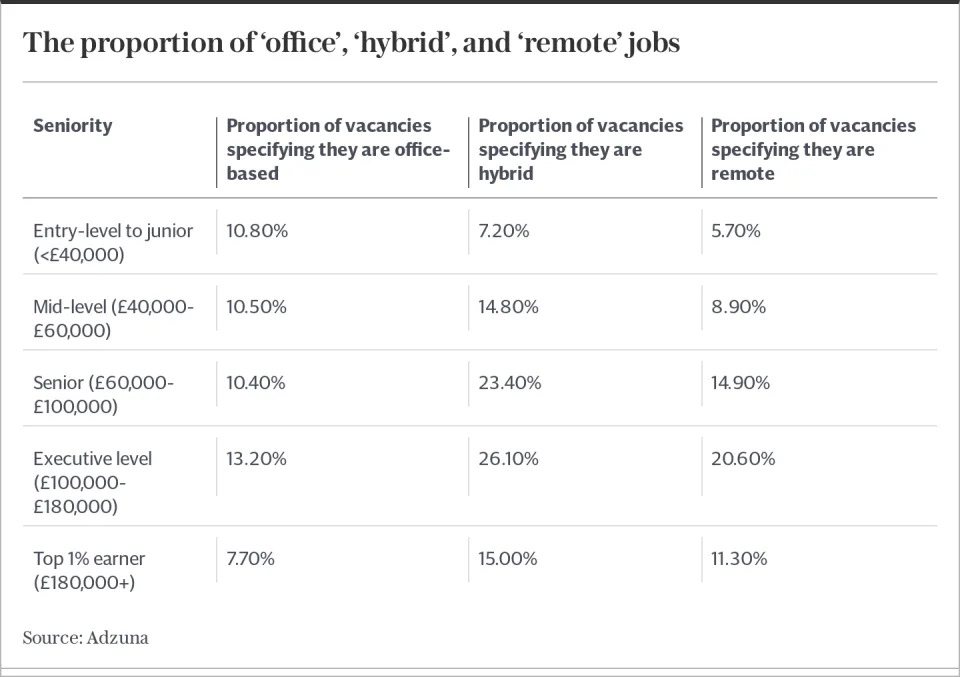A short-sighted campaign has begun to save cash. It certainly has some high profile backers including Jacob Rees-Mogg and Nigel Farage. A petition was signed and delivered to Number 10 which prompted a supportive statement from the Treasury.
While the campaign might be popular in some quarters, this does not make it right. Rather than try to save cash, we should be trying to speed up its demise starting with 1p and 2p coins.
Moving towards a cashless society would bring significant contributions to the country. The most obvious one being to bank customers themselves. For example, everytime you withdraw cash from a hole in the wall operated by a different bank, your bank pays an interchange fee. What is more, it is costly for banks and a poor use of their resources to pay people to dispense cash. All of this means that banks provide a poorer service to their customers then they otherwise would.
Then there are businesses. It is again costly and time consuming for businesses to deal with cash, especially change. Scrapping cash would allow businesses to serve customers more quickly, thereby making them more productive. This in turns can lead to more jobs being created, higher wages, and lower costs for consumers.
Going cashless could also spur innovation. Under the current system banks can simply rest on their laurels by ensuring that customers can pay for things if the bank is closed or a customer misplaces their card. Scrapping cash would mean that banks and FinTech firms would be motivated to create innovative new products to ensure that people can always have access to their money.
It would also help to fight crime. Violent crimes such as robberies and burglaries would hopefully become less common as it would be less likely that a business or a person would have as much of value on them which could easily be used and so would reduce the incentive for the would-be criminal. Moreover, it would make it much harder for criminals to enrich themselves through their illicit activities or launder money.
On a related note it would be good news for the public finances as it would make it much harder for individuals and firms to fiddle their taxes. This would reduce the burden on honest taxpayers while providing more funding for essential public services.
Going cashless will also help prepare the economy for the future. We saw in the turmoil caused by the Covid pandemic that many businesses preferred for their customers to pay by card or on app in order to protect their staff. This was not only problematic for themselves but also for their patrons who were not used to paying in these ways. Unfortunately many individuals and small businesses were unprepared for this and suffered as a result. We do not know what the future will bring and so it’s important that all businesses are prepared now if something similar were to happen in the future.
Furthermore, given that we are all experiencing relatively high interest rates the idea of them being lowered to a point where they were a few years ago might seem implausible. However, a future economic downturn would mean that the Bank of England would probably need to cut rates in order to stimulate the economy. Going cashless would help it to do this more effectively by allowing for the possibility of negative interest rates. This really isn’t possible while cash exists but going cashless would provide central banks with a powerful new tool to boost the economic growth in the future.
I am sympathetic to those who object to this on the basis of inclusivity. It is obviously right that the elderly homeless, and those in rural communities continue to have access to their money. However, this just lets the government and banks off the hook. They should be ensuring that it’s as easy as possible for elderly people to use a bank card to make payments. What is more, the government should ensure that every vulnerable person such as the homeless and refugees have a bank account and that, unless involved in crime, nobody is denied access to finance. Not only is this the right thing to do, it also creates opportunities for vulnerable people such as being able to rent property and get a job.
I am not suggesting we go cashless overnight. We should start by scrapping the pesky 1p and 2p coins and rolling out training and easy to use cards for those who might need them while ensuring that all vulnerable people in the country have a bank account.
Cash is holding the country back. If we want a strong and resilient economy then it’s time to scrap cash.
Ben Ramanauskas is a research fellow at Oxford University and an associate fellow at Bright Blue.













